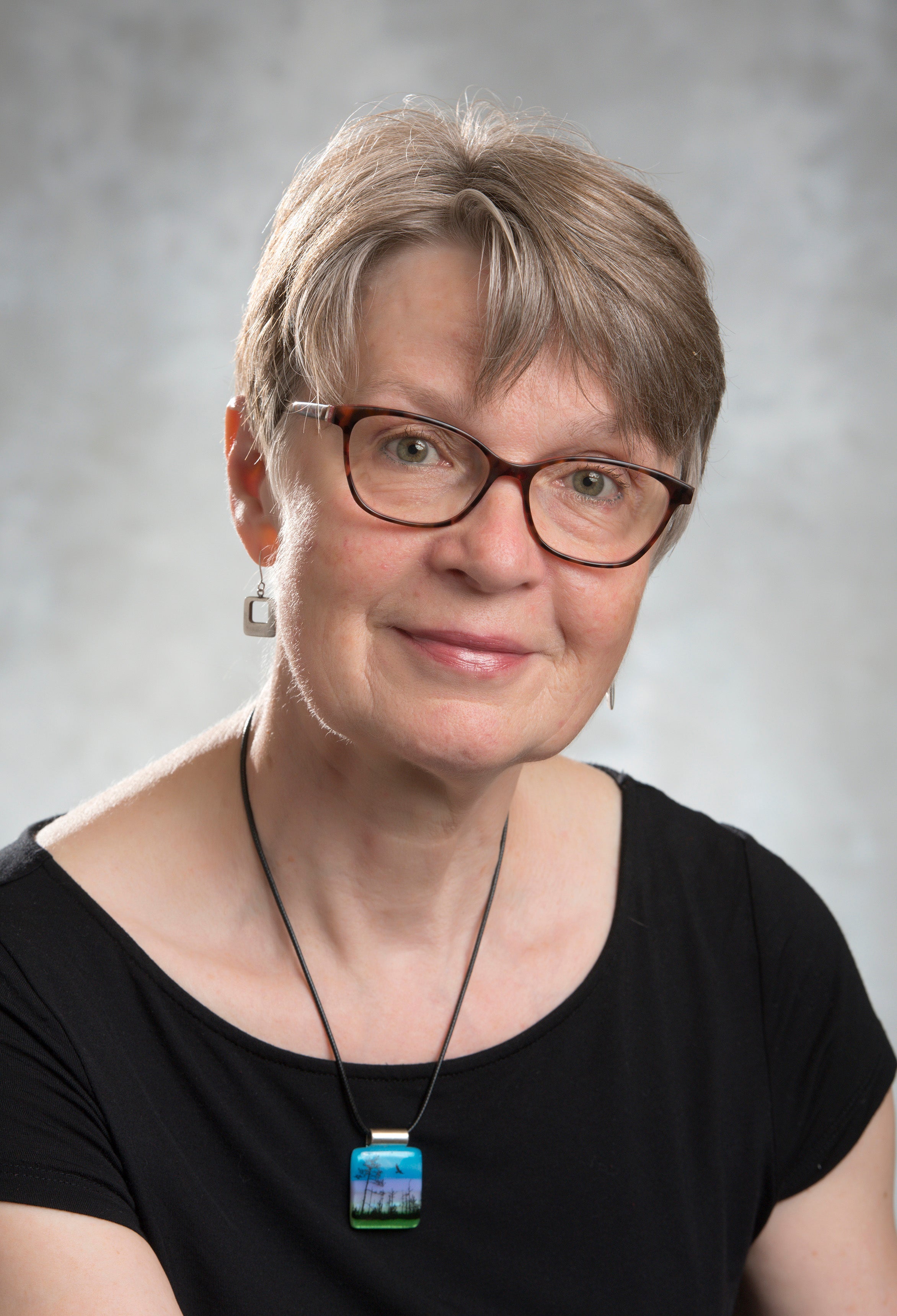Researcher Profile: Meet Sigrid Peldszus

Sigrid Peldszus is a Research Professor in the Department of Civil and Environmental Engineering at the University of Waterloo. She has been working at the Natural Sciences and Engineering Research Council (NSERC) Industrial Research Chair in Water Treatment for more than 30 years.
Professor Peldszus is a member of the Microplastics Fingerprinting project team, which consists of over 30 faculty members, masters and PhD students, and support staff from various disciplinary backgrounds. This diversity is a strength that enables a comprehensive evaluation of the challenges and solutions associated with microplastics. Each issue of our newsletter will feature a different member of the team.
Dr. Peldszus works on applied research in drinking water treatment, usually in collaboration with industrial partners. Her most recent areas of focus have been on lead corrosion in drinking water distribution systems, biological filtration for manganese removal, and improving the robustness of drinking water treatment processes in response to changing raw water quality due to climate change.
Throughout her career, she has worked to improve the effectiveness of treatment processes in removing various pollutants from drinking water, including pharmaceuticals and personal care products, perfluorinated compounds, taste and odour compounds, as well as cyanotoxins – a byproduct of increasingly frequent harmful algal blooms in source water. Professor Peldszus has also worked on predictive tools for removing organic contaminants through oxidation processes and reducing energy requirements by investigating factors contributing to fouling of different types of membranes.
In the Microplastics Fingerprinting project, Peldszus works with Professor Peter Huck on the question of microplastics elimination in drinking water treatment plants. Together, they supervised master’s student Jaita Saha who analyzed existing research studies to assess how well drinking water treatment processes remove micro- and nano plastics (MNPs). Saha’s top-level finding was that variations in experimental conditions and methodologies across studies make it difficult to fully assess removal efficiencies. This highlights the need for more consistent analytical methodologies and more representative MNP surrogates for bench-scale studies, which are being worked on in the Microplastics Fingerprinting project and by others.
Saha presented her work at several conferences, including American Water Works Association’s (AWWA) Annual Conference & Exhibition and AWWA’s Water Quality &Technology Conference.